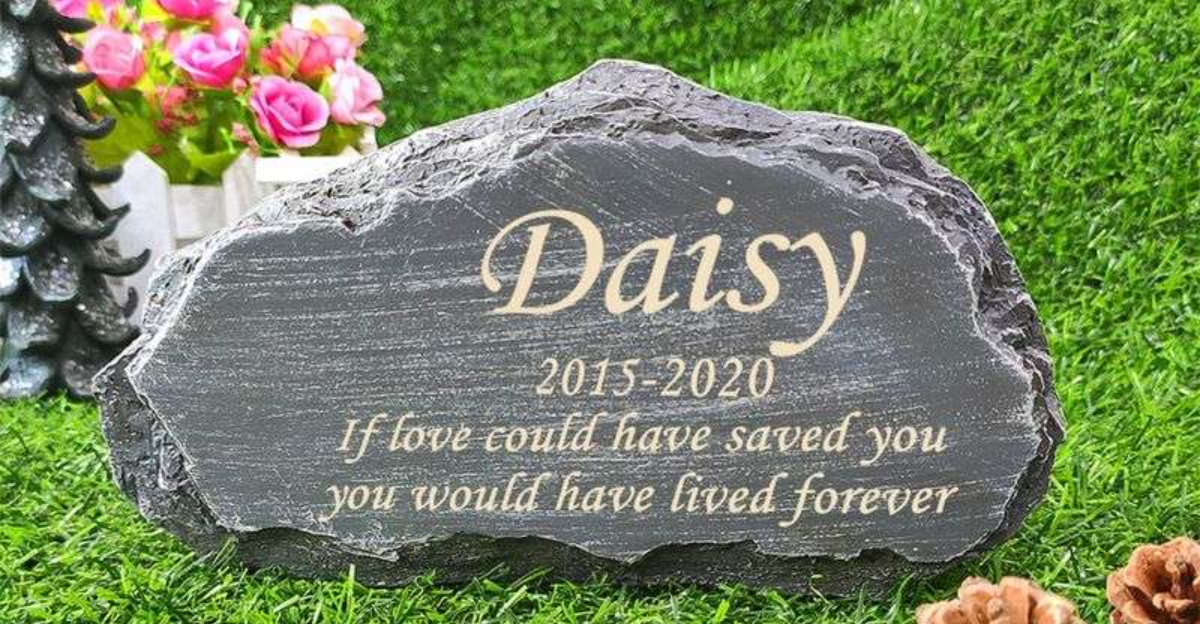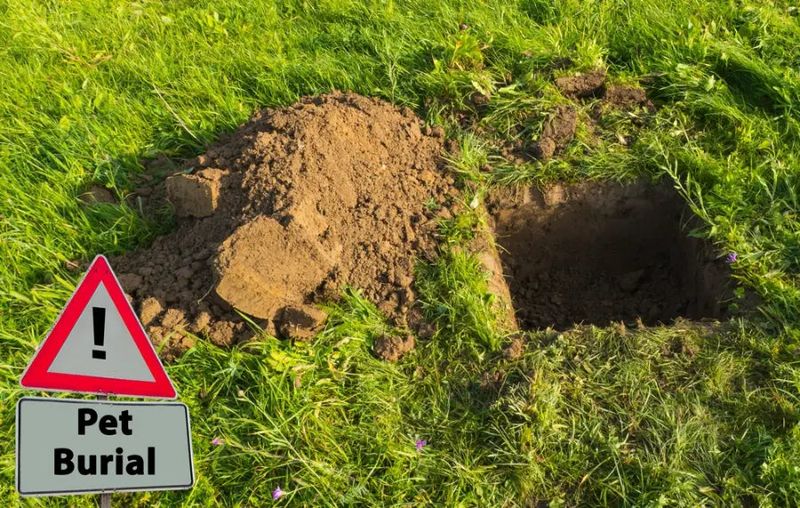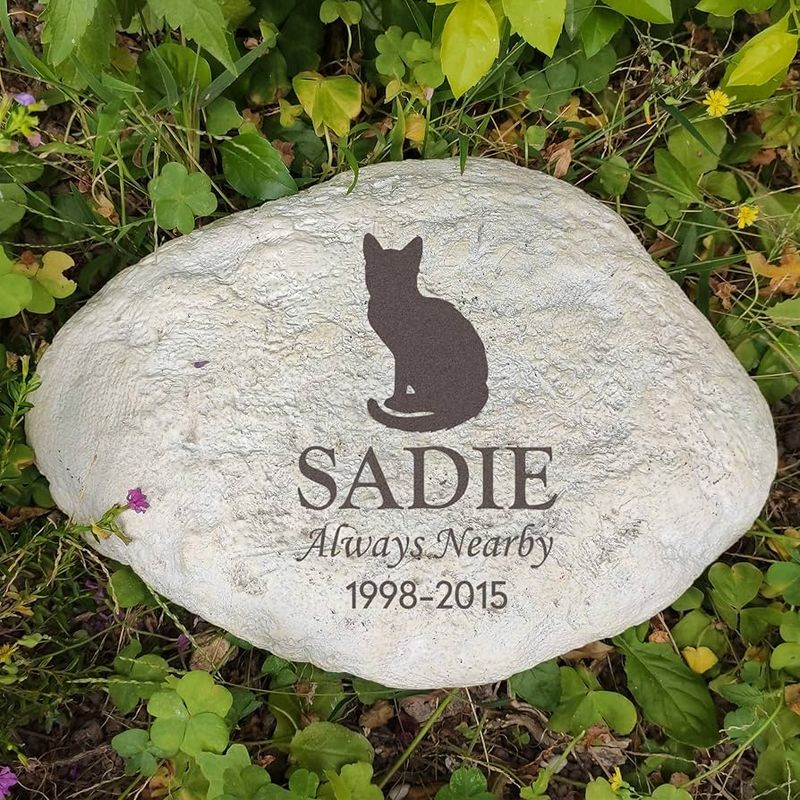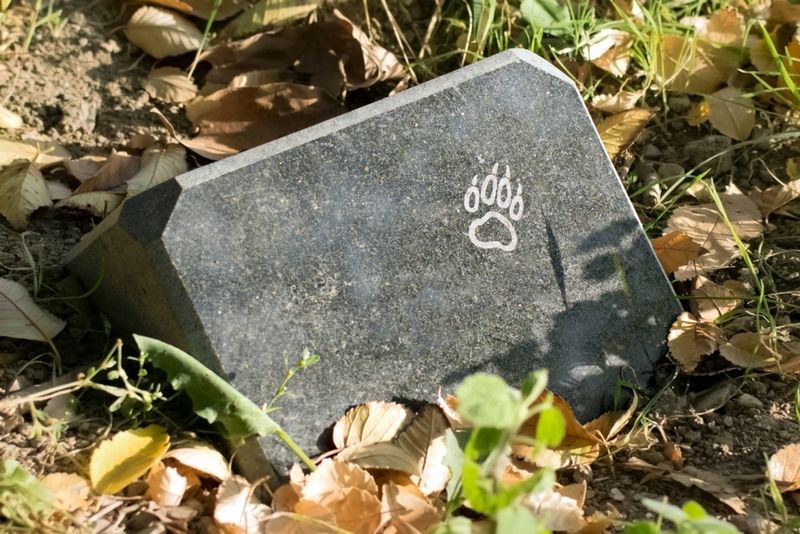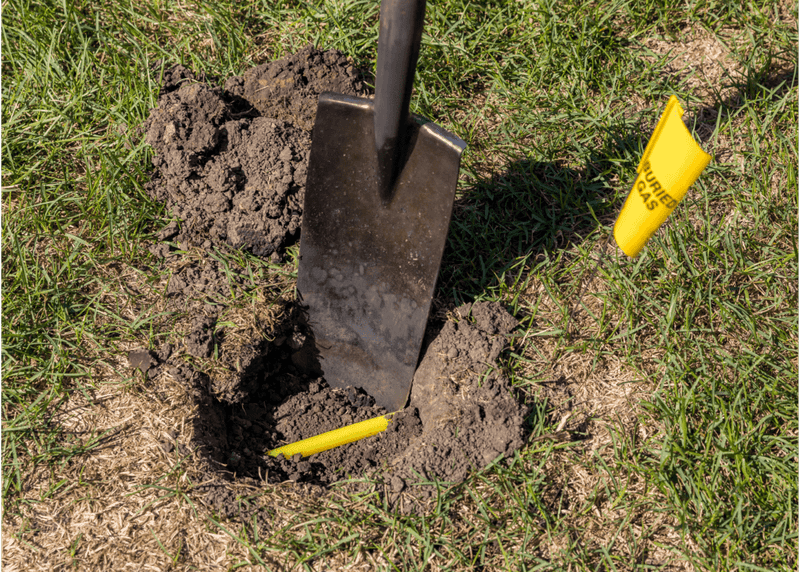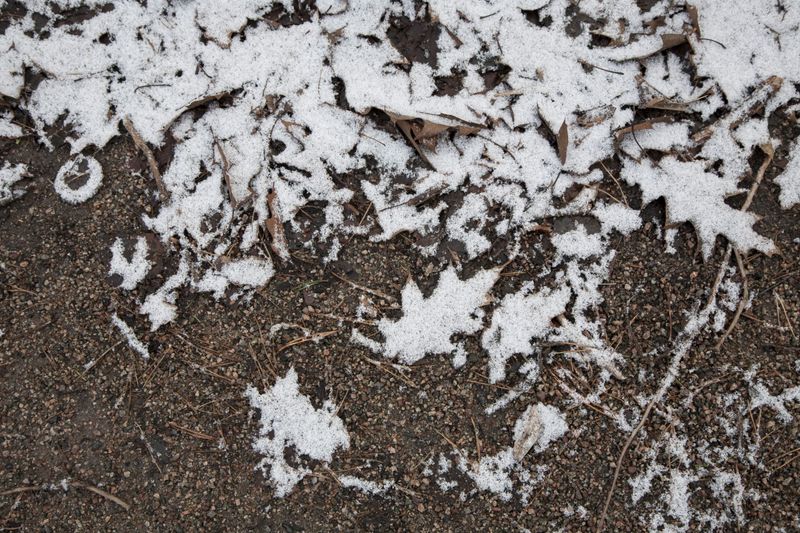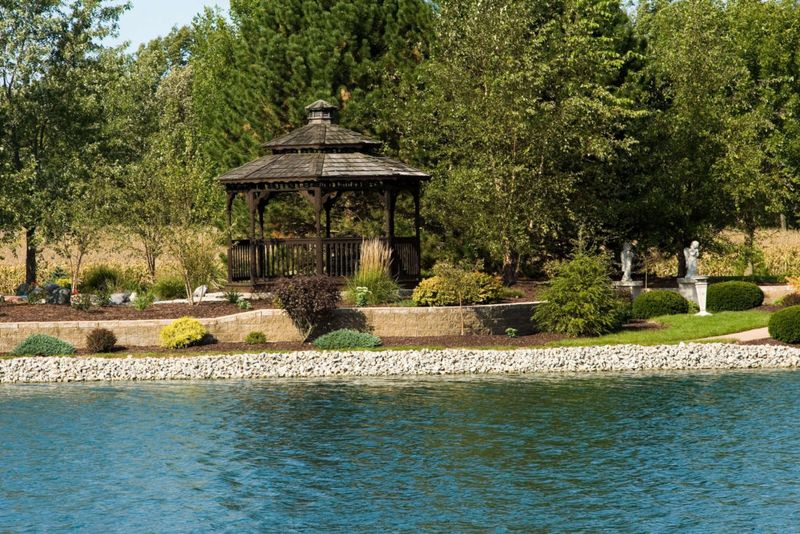📖 Table of Content:
Saying goodbye to a cherished cat is never easy, and finding a meaningful way to honor their memory can be an emotional process. For many, the idea of a backyard burial feels like a loving and personal tribute. Laying a pet to rest close to home can bring comfort and a sense of closeness.
However, what seems like a gentle farewell may come with hidden complications. Factors such as local laws, environmental risks, and potential threats from wildlife can turn a peaceful moment into an unexpected problem. These concerns are often overlooked in the midst of grief.
Understanding the full implications of a backyard burial is essential before making any decisions. The safety of other animals, soil conditions, and long-term property plans all play a role. Careful thought can ensure a respectful and responsible goodbye.
1. Wildlife Disruption
Local wildlife may disturb your cat’s burial site, causing heartbreaking distress. Foxes, raccoons, and other scavenging animals have keen senses that can detect buried remains even through several feet of soil. Many pet owners have experienced the trauma of finding a disturbed grave site.
The emotional impact of such an event can significantly worsen the grief process when trying to find closure after losing a pet. A secure burial requires deeper digging than most people realize – at least 3-4 feet deep with heavy stones placed above the remains to deter wildlife intrusion.
2. Legal Restrictions Exist
Numerous municipalities have specific ordinances prohibiting backyard pet burials. These regulations vary widely between locations, with some areas allowing burials with certain restrictions while others ban the practice entirely. Homeowners’ associations often have additional rules about pet burials that supersede city regulations.
Violating these rules can result in fines or legal complications that add unnecessary stress during an already difficult time. Property deed restrictions may also contain clauses about burial practices on the land. Checking local regulations before proceeding with a backyard burial can save considerable heartache and potential legal issues later.
3. Future Property Sales Complications
Real estate disclosure laws in many states require sellers to inform potential buyers about pet burials on the property. This information can be off-putting to prospective buyers and potentially decrease property value or complicate sales. Moving away from a home where a beloved pet is buried creates additional emotional stress.
Many pet owners later regret not choosing a more portable memorial option when they must leave their pet’s remains behind. New homeowners may inadvertently disturb burial sites during landscaping or construction projects. This situation can be distressing for both the former and current homeowners when remains are unexpectedly discovered.
4. Health Hazards From Improper Burial
Shallow graves fail to prevent disease transmission from deceased pets. Certain feline diseases and parasites can survive in soil for extended periods, potentially affecting other pets or wildlife in the area. Proper burial requires specific conditions to ensure hygienic decomposition.
Most home burials lack the appropriate soil type, depth, and other factors that professional pet cemeteries carefully manage to prevent health concerns. Rain and erosion can expose improperly buried remains over time. Heavy precipitation events are increasingly common with climate change, making what seemed like an adequate burial depth insufficient for long-term containment.
5. Emotional Trauma Of DIY Burial
Handling the physical aspects of burial often proves more traumatic than anticipated. The process requires multiple difficult steps, including body wrapping, digging, and placement – all while managing intense grief. Children may develop complicated relationships with the yard space following a pet burial.
What was once a carefree play area can become associated with loss, creating an unexpected psychological impact on younger family members. The physical marker or spot becomes a constant reminder of loss. Many families report that backyard burials sometimes prevent emotional healing because the grief location is so immediately present in daily life.
6. Utility Line Damage Risk
Underground utility lines crisscross most residential properties more extensively than homeowners realize. Digging without proper knowledge of these lines can result in dangerous utility disruptions or even injury. Gas, water, electrical, and communication lines often run through unexpected areas of yards.
Professional locating services should be consulted before any significant digging project, including pet burials, to prevent costly and potentially hazardous damages. Repair costs for damaged lines can be substantial. What begins as an attempt to save money on pet aftercare can inadvertently lead to repair bills in the hundreds or even thousands of dollars.
7. Limited Memorial Options
Backyard burials typically offer fewer permanent memorialization options compared to professional services. Simple markers often deteriorate over time, leaving nothing to commemorate your beloved companion. Weather and seasonal changes affect outdoor memorials dramatically.
Freezing temperatures, summer heat, and precipitation can damage or destroy handmade markers within just a few years, erasing the visible tribute to your pet. Professional pet cemeteries and cremation services provide lasting memorial alternatives. These include permanent plaques, communal memorial walls, and cremation jewelry that creates enduring tributes regardless of where life takes you in the future.
8. Practical Difficulties In Winter
Frozen ground makes digging nearly impossible during winter months in many regions. This practical reality forces difficult decisions about the temporary storage of remains until burial becomes possible. Cold-weather burial attempts often result in inadequate grave depth.
When the ground is partially frozen, many pet owners give up before reaching an appropriate depth, leading to shallower burials that are more susceptible to the problems mentioned earlier. Winter burials may require professional equipment that most homeowners don’t possess. The emotional toll increases when families must delay proper goodbyes due to these seasonal limitations that weren’t considered in advance.
9. Superior Professional Alternatives Exist
Pet cremation services have become more affordable and accessible in recent years. These services provide dignified aftercare with options for keeping or scattering ashes in meaningful locations without the drawbacks of burial. Professional pet cemeteries offer dedicated grounds with perpetual care.
These facilities handle all aspects of burial with expertise while providing beautiful, peaceful surroundings specifically designed for remembering animal companions. Veterinary offices can coordinate aftercare services that many pet owners don’t know about. From communal cremation to private burial options, veterinarians can guide families through choices that avoid the pitfalls of backyard burial while honoring their companion animals appropriately.
